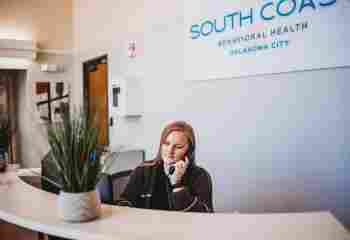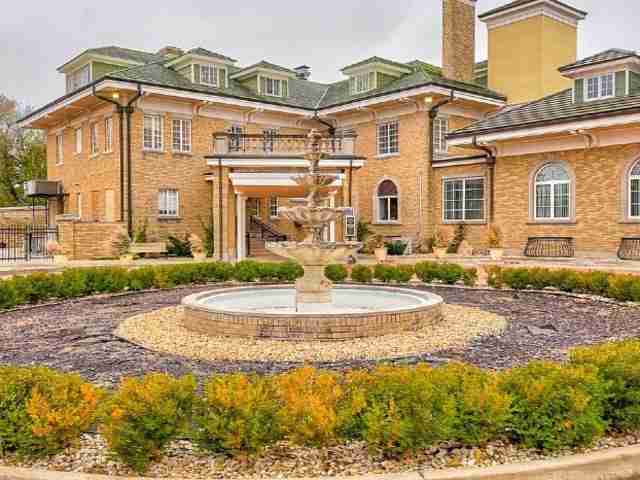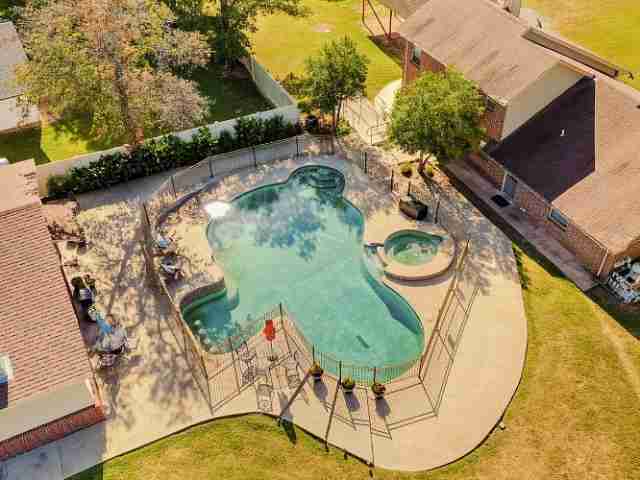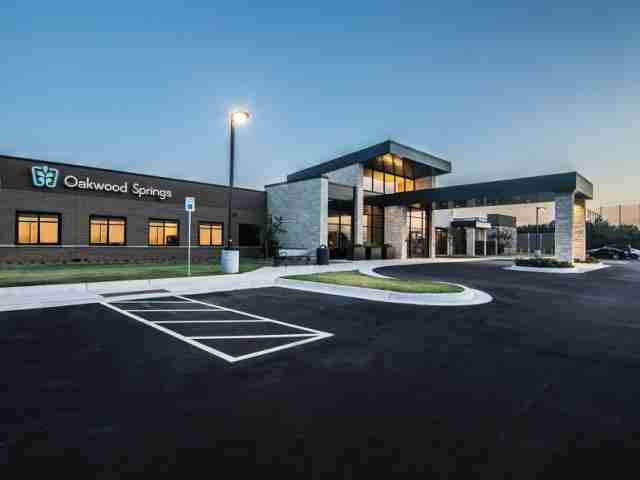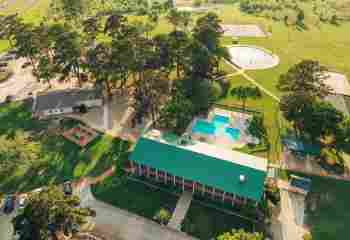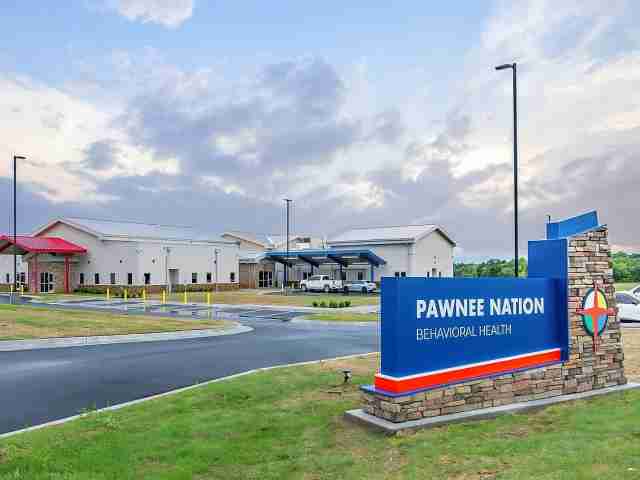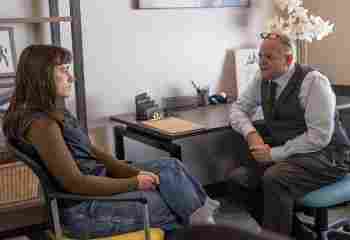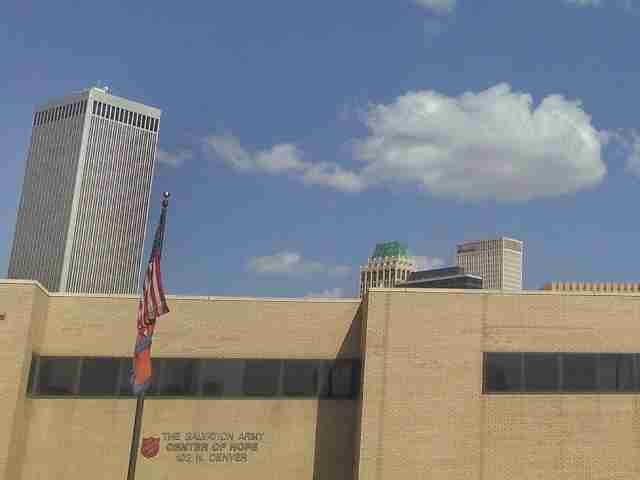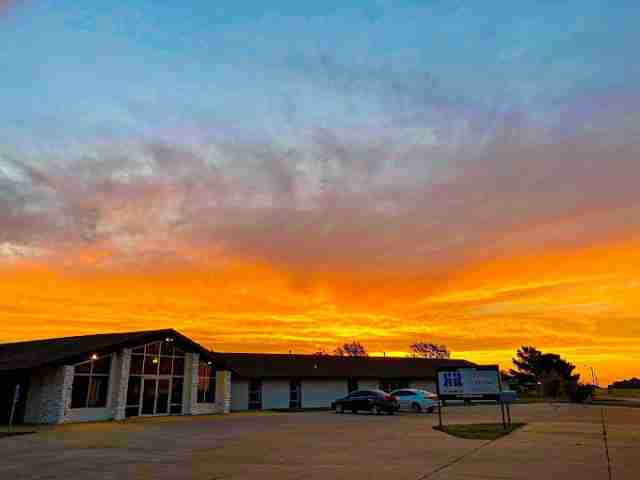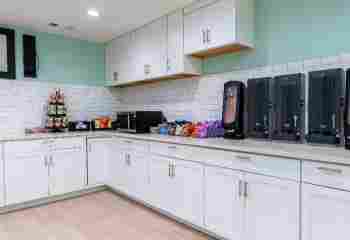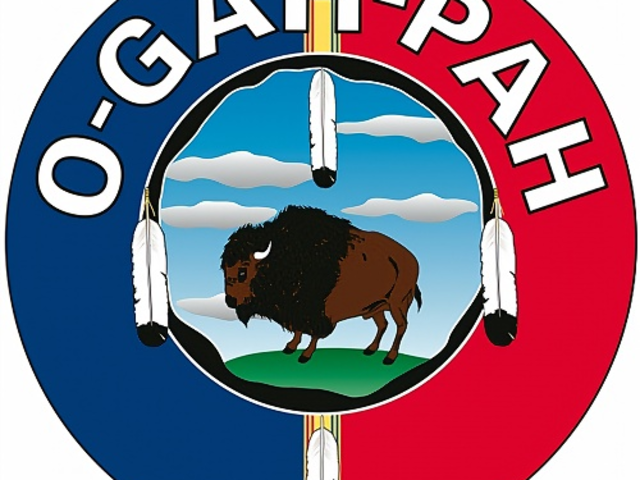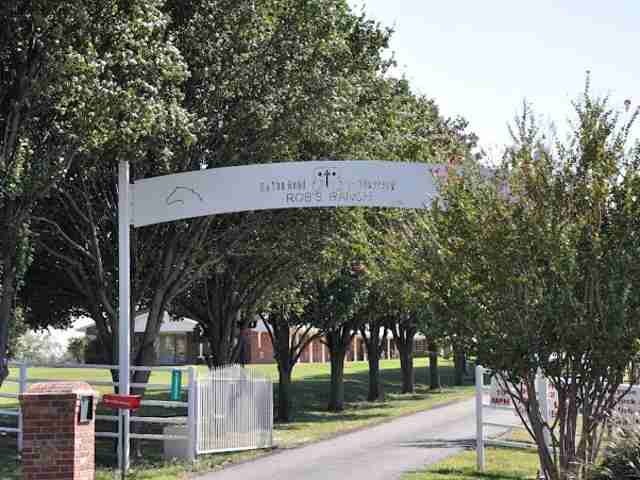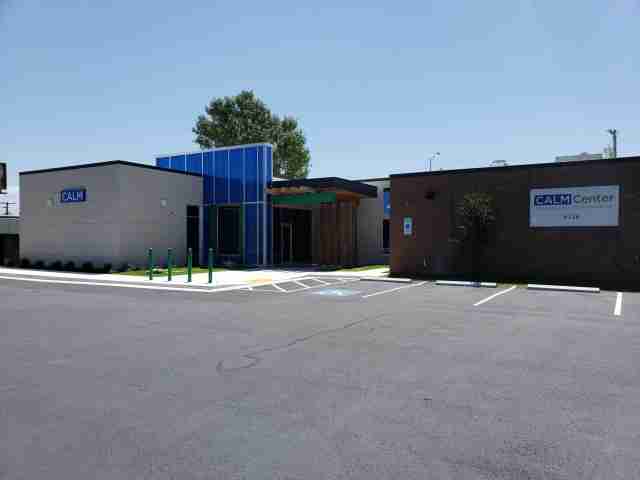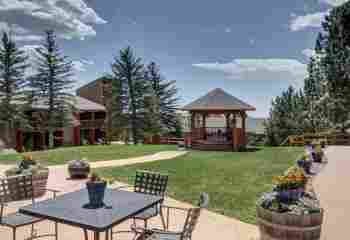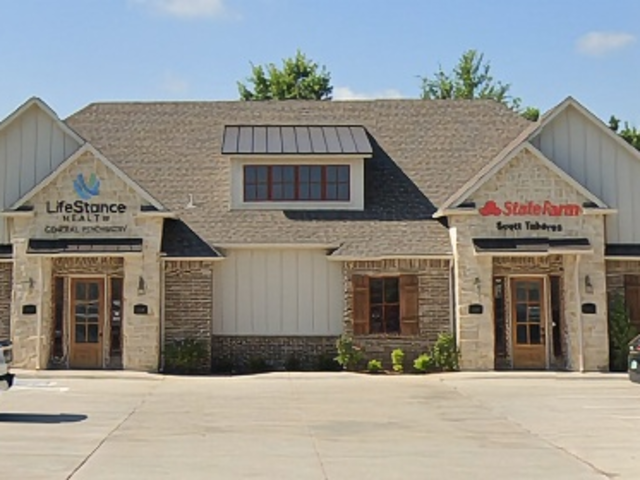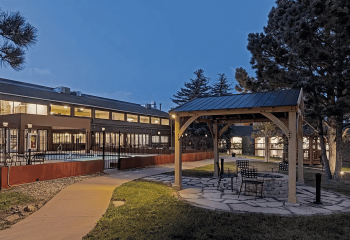More About Dual Diagnosis Treatment Centers
Dual diagnoses, also known as co-occurring disorders, refers to the presence of two or more mental health disorders or substance use disorders. These disorders often intersect and influence each other’s symptoms.(1,2)
Dual diagnoses can be complex. A person with alcohol addiction may develop depression as the substance affects their brain, while someone with anxiety disorder may use drugs to cope with discomfort.
In order to heal, all disorders should be addressed and treated together. You may risk an ineffective outcome or potential relapse if they are not treated together.(2)
What Are the Most Common Dual Diagnoses?
Any mental health disorder can co-occur with a substance use disorder (SUD), but the most common include:(1,2)
- Anxiety.
- Depression.
- Attention-deficit hyperactivity disorder (ADHD).
- Post-traumatic stress disorder (PTSD).
- Bipolar disorder.
- Schizophrenia.
- Personality disorders.
Many people self-medicate with drugs or alcohol to relieve mental health symptoms. While this may bring short-term relief, substances typically worsen long-term mental health and physical health outcomes. Self-medication can mask symptoms, delay treatment, and increase the risk of dependency.(2)
How Are Co-Occurring Disorders Diagnosed?
Diagnosis can only be done by a healthcare professional and is based on the Diagnostic and Statistical Manual of Mental Disorders, 5th Edition (DSM-5), which outlines diagnostic criteria for both substance use and mental health disorders.(3)
An SUD occurs when a person compulsively uses a substance despite negative consequences, including health issues, behavior changes, and an inability to fulfill important family, work, and community responsibilities.(4)
Mental health disorders affect mood, thinking, and a person’s behavior.(4)
Diagnosis occurs when a person over 18 has sustained mental, behavioral, and/or emotional impairment that interferes with their life.(4)
According to the 2020 National Survey on Drug Use and Health, around 17 million (6.7%) adults aged 18 and older had both a SUD and a co-occurring mental illness.(5)
However, having both conditions simultaneously does not necessarily mean that one type of disorder is causing the other.(1)
Rather than a SUD causing a mental health disorder, or vice versa, both disorders have a complex relationship. The development, course, and treatment of one disorder can influence the development, course, and treatment of the other.(2)
Researchers have identified three major pathways to explain how co-occurring disorders occur:
- Substance use disorders and many of the mental health conditions that co-occur share common risk factors. If you have a mental disorder, you are more likely to be predisposed to a substance use disorder and vice versa.(6)
- Symptoms of mental illness can sometimes be relieved (or avoided) in the short term with drugs or alcohol. This is sometimes called “self-medicating,” however, alcohol and drugs are not considered medication, as they usually worsen health versus medications, which can support improved health.(2)
- Substance use can contribute to changes in brain functioning and behavior, making someone more vulnerable to developing a mental health disorder.(6)
Symptoms of Co-Occurring Disorders
It’s important to note that only a trained professional can diagnose someone with either a mental health disorder or any type of SUD. However, knowing the criteria for SUDs may help identify the need to seek help for substance misuse.
The DSM-5 criteria for a SUD require that a person demonstrates at least two of the following symptoms within the last 12 months:(3)
- A person will make unsuccessful attempts to cut back on using or to stop using a substance.
- A person will use a substance in a risky and potentially dangerous situation, such as driving.
- A person’s use of a substance results in increased interpersonal conflict with friends and family.
- A person will neglect their responsibilities at home, work, or school to use a substance.
- A person will give up their important hobbies and other leisure pursuits in favor of using substances.
- A person will spend a lot of time and resources finding, using, and recovering from using a substance.
- A person will use more of a substance than was originally intended.
- A person will keep using a substance, despite knowing that the use of the substance makes a medical or emotional condition worsen.
- A person will have strong cravings to use a substance.
- A person will show signs of tolerance, which means they need more and more of a substance, or take it more frequently, to keep feeling its effects.
- A person experiences withdrawal symptoms if they stop using or significantly reduce the amount of a substance.
A mental health disorder is a syndrome that indicates that a person has an issue with cognitive processes, regulation of emotion, or behaviors that then cause a person to have some type of dysfunction in their psychological, developmental, or biological processes.(3) A mental disorder will usually cause a person to have some level of distress or inability to function in some aspect of their social, work, or other roles in their life.(3)
Causes and Risk Factors for Co-Occurring Disorders
Risk factors are various biological, psychological, familial, or other social characteristics that, when present, may increase the likelihood of a person developing SUDs or mental health disorders.(6) Many mental health disorders and SUDs have common risk factors, which include:(7)
- Genetics. Around 40 to 60% of the development of a SUD may be related to genetics. SUDs and mental illness are heritable, meaning a person is at increased risk should a parent or family member have one condition or co-occurring disorders.
- Life experiences. Childhood trauma, extraordinary stress, and drug use at an early age can lead to increased risk for SUDs and mental health disorders.
- Neurochemicals. Neurochemicals such as dopamine and GABA, as well as the parts of the brain involved in reward, decision-making, and emotions, play a role in SUDs and mental health disorders.
Treatment for Co-Occurring Disorders
Treating both disorders concurrently in an integrated treatment approach is the standard of care for treating co-occurring substance use disorders and mental health disorders.(2) In several studies, the integrated treatment approach consistently resulted in better outcomes than treating each disorder separately.(8)
Many of the approaches used in the treatment of co-occurring disorders involve some form of behavioral therapy or psychotherapy, along with strategies like education and employment skills to improve overall functioning and keep people motivated to stay in treatment.(2)
Behavioral Therapies for Co-Occurring Disorders
Behavioral therapies that address both types of disorders at the same time can include:(10)
- Cognitive-behavioral therapy (CBT), which can help people identify and change negative thoughts and emotions, which lead to behaviors like substance use. CBT can be useful in restructuring negative thought patterns and reducing impulsivity, improving interpersonal functioning, and providing general support.
- Dialectical behavioral therapy (DBT), an approach that can help curb drug use, suicidal thoughts and actions, and other types of self-harming behaviors.
- Assertive community treatment (ACT), which involves community outreach and individualized approaches to treatment for people.
- Contingency management (CM), an approach to treatment in which people are given vouchers or rewards for positive behaviors or outcomes that support their progress in recovery.
Find Co-Occurring Disorder Treatment Near Me
Finding integrated treatment for co-occurring substance use disorders and mental health disorders may be foundational to the rest of your recovery. Many people can benefit from a reputable treatment program that addresses both conditions at the same time and customizes care to address specific individual needs.(2)
Sources:
- National Institute of Mental Health. (2021, March). Substance use and co-occurring mental disorders.
- Substance Abuse and Mental Health Services Administration. Substance Use Disorder Treatment for People with Co-Occurring Disorders. Treatment Improvement Protocol (TIP) Series, No. 42. SAMHSA Publication No. PEP20-02-01-004. Rockville, MD: Substance Abuse and Mental Health Services Administration, 2020.
- American Psychiatric Association. (2013). Diagnostic and statistical manual of mental disorders (5th ed.).
- Substance Abuse and Mental Health Services Administration. (2022, April 27). Mental Health and Substance Use Disorders.
- Substance Abuse and Mental Health Services Administration. (2021). Key substance use and mental health indicators in the United States: Results from the 2020 National Survey on Drug Use and Health (HHS Publication No. PEP21-07-01-003, NSDUH Series H-56). Rockville, MD: Center for Behavioral Health Statistics and Quality, Substance Abuse and Mental Health Services Administration.
- National Institute on Drug Abuse. (2018, August 15). Comorbidity: Substance use disorder and other mental illnesses.
- Substance Abuse and Mental Health Services Administration. (n.d.). Risk and protective factors.
- National Institute on Drug Abuse. (2024, September). Co-Occurring Disorders and Health Conditions.









